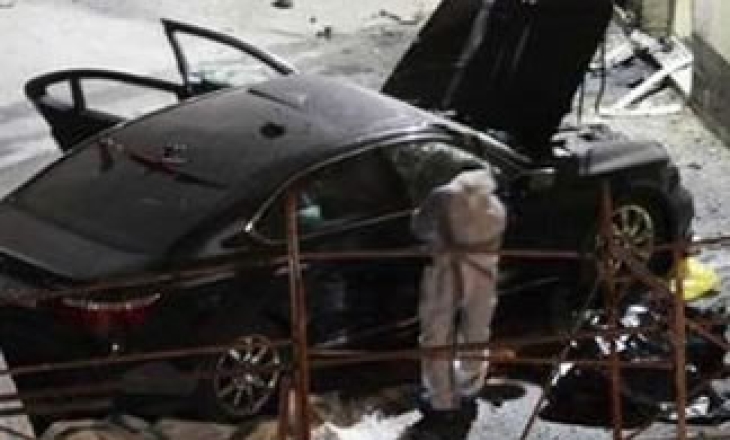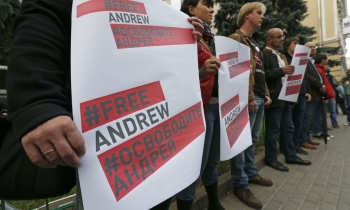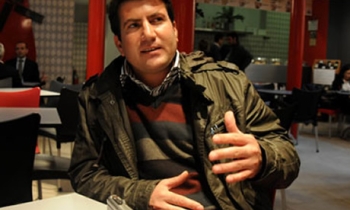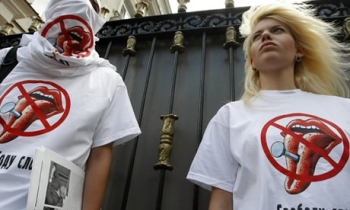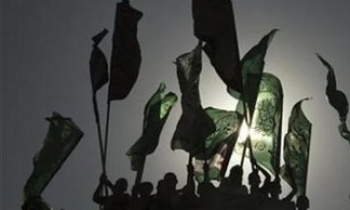A car bomb killed Ivo Pukanic, a prominent Croatian journalist, and a colleague in downtown Zagreb on Thursday. State-run Croatian TV showed footage of Pukanic's burned out Lexus and two covered bodies outside his NCL Media Group office in the capital. The police identified the victims as Pukanic and his group's marketing director, Niko Franjic.
They published the Zagreb-based political weekly Nacional.
“We are shocked and saddened by the brutal killing of Ivo Pukanic and Niko Franjic,” Committee to Protect Journalists (CPJ) Europe and Central Asia Programme Coordinator Nina Ognianova said. “Even against the backdrop of violence and organised crime that has recently gripped Croatia, this bombing marks a significant escalation. The Croatian authorities must mount a thorough investigation and bring those responsible for these murders to justice swiftly.”
A bomb planted beneath Pukanic’s Lexus sedan in downtown Zagreb, Croatia’s capital, exploded at around 6:30 p.m., killing him and Franjic. Pukanic and Franjic were close to but not inside the car, local news reports said.
Zagreb police are investigating the incident but have not made any comments yet, Sasa Lekovic, a prominent investigative journalist who knew Pukanic, told New York-based CPJ. Lekovic said Nacional was one of a handful of Croatian newspapers with a national reach that regularly published news on politically sensitive topics. A Reuters report said Nacional often exposed corruption and human rights abuses.
President Stjepan Mesic, according to a Reuters report, said the blast meant "terrorism has become a fact on the streets of our capital." He said, "The state is faced with an unprecedented challenge from the criminal circles. Now it is them or us...rule of law and safety of citizens against criminals, terrorists and mafia." The President has called an urgent session of the National Security Council for Friday.
In April, Pukanic reported to the police an attack by an identified assailant who approached him near his apartment house, brandished a handgun and fired, narrowly missing the journalist, the Croatian news website Javno reported. The attacker was never apprehended.
"Unfortunately, this means that the state has lost this round of crackdown on crime. This is big blow to Croatia's political system, it shows the system's inefficiency in fighting crime," Davor Butkovic, an editor of wide-selling Jutarnji List daily, was quoted as saying by Reuters.
The Croatian Journalists' Association (HND) voiced outrage at the murder and called on the authorities to "immediately declare a war on criminals and murderers." HND, according to Agence France-Presse (AFP), said in a statement, "What has occurred is horrible and it shows that crime has severely expanded in Croatia."
Croatia has recently been gripped by a wave of violence and organized crime, according to press reports and CPJ sources. In June, two unidentified men attacked Dusan Miljus, an investigative journalist who covers crime and corruption for Jutarnji List, and beat him with baseball bats in a parking lot near his Zagreb home. He was hospitalised with a concussion, a broken arm, and facial bruises, according to the local press. The crime remains unsolved.
Last month, Ivana Hodak, a 26-year-old-daughter of a prominent lawyer, was shot twice in the head in her home in the capital, near police headquarters. The government condemned it as a mafia-style murder, not a terrorist attack, an Associated Press (AP) report said.

